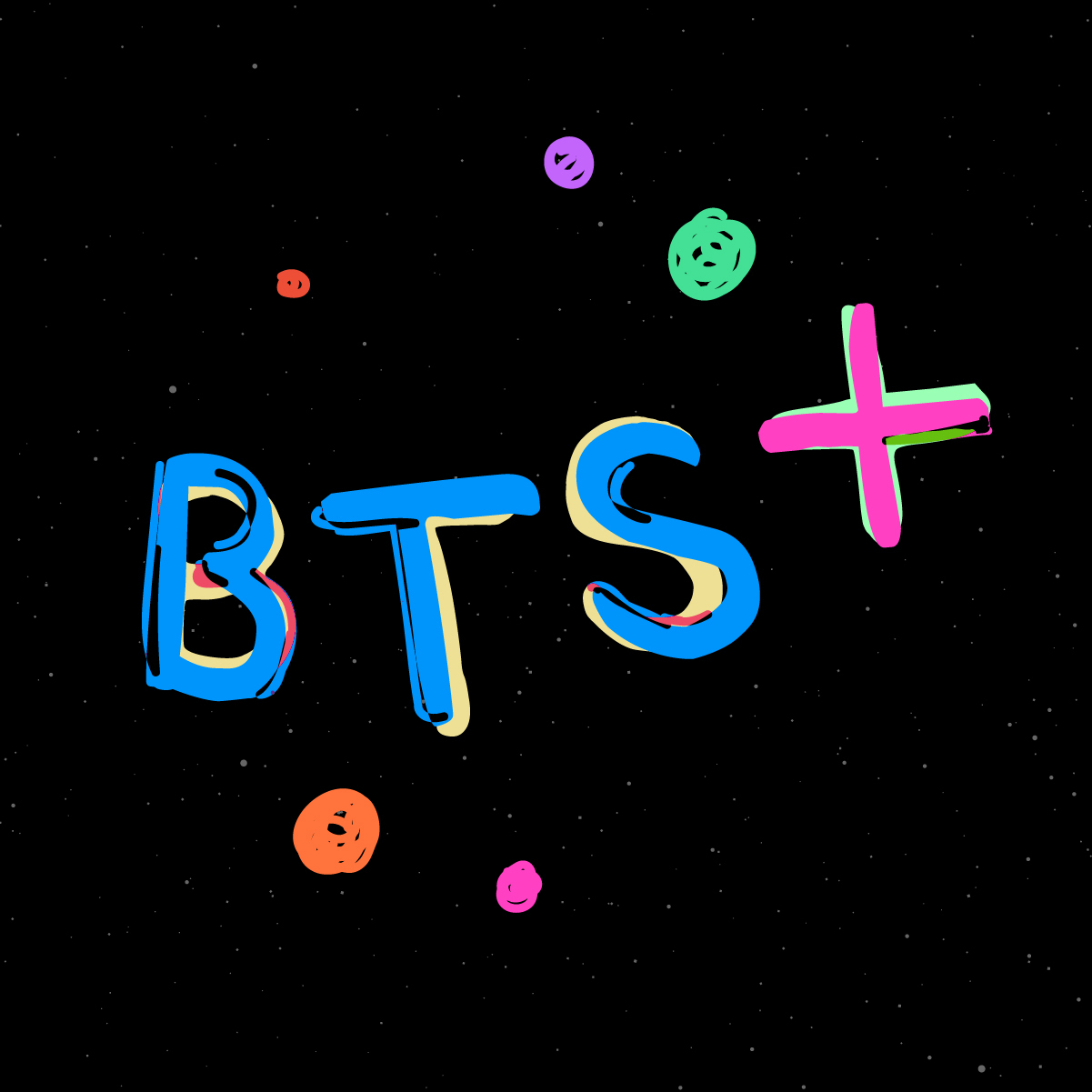


The history of BTS' collaborations
2021.10.27
Collaboration is currently one of the most important aspects of popular music in the Anglosphere. Song titles formatted to include “feat. _____” or “_____ X _____” are a common sight on the charts. This is largely an effect of hip hop’s elevation to the mainstream in present-day pop music. There’s a long history of musicians participating on other artists’ songs when focusing strictly on American pop, perhaps owing to having its roots in jazz, itself based on the concept of jamming (group improvisation). But musicians who participated under those circumstances were rarely credited, even in pop styles like Motown with its system of collaborative production. It was common for songwriters to perform in the chorus, but they’d only be credited for their writing. Hip hop had many reasons to publicize collaborations, such as several rappers taking turns doing their own short verses on one song or to call attention to a famous DJ’s work on a beat or scratch, and was a widely accepted process. These explicit credits are essentially the industry’s translation of hip hop’s respect culture.
All collaborations are by design. Even if they arise out of a chance meeting, once they’re in the public eye, there’s nothing for it from that moment forward but to witness a brand-new effect or synergy between artists that never could’ve existed in a solo performance. By looking at the pop music industry from the end of the 20th century to today, we can see several versions of this.
First, the most typical case is when a new singer uses the opportunity as a gateway to fame. A prime example is Megan Thee Stallion, one of last year’s most talked-about up-and-coming singers. She left a strong impression with her appearance on Cardi B’s “WAP.” There are also instances when established singers are happy to act as a platform for an artist they support in order for more people to be exposed to their music: When Beyoncé was featured on a remix of “Savage” from Megan’s EP Suga, she gave a solid boost to Megan’s climb to fame.
Steve Aoki and Halsey can be said to have played the same part for BTS. BTS had already been active nearly four years when they appeared at the 2017 Billboard Music Awards (BBMAs) yet the US market acted like the group was some new artist they were seeing for the first time. The 2010s were also a period for famous EDM DJs to make a name for themselves in the pop music world through collaborations with pop singers. Aoki is one of the most famous DJs in the world and a well-known Asian American. Halsey, meanwhile, became a widely known name after featuring on music by EDM producers The Chainsmokers and, with a shared generational mindset, gave her full backing to pop sensation BTS, understanding how they got their start on the Internet.
Featuring another artist is also a good way to insert a sense of musical authenticity. These days, pop songs with hip hop beats in particular often look to rappers to emphasize the authenticity of the music. Camila Cabello, for example, received help from southern Atlanta native Young Thug on her song “Havana,” a southern hip hop pop song with Latin pop influences.
We can find an example of this if we look back at BTS’s early collaborations. They once met Warren G while in Los Angeles for hip hop lessons, an occasion that led to Warren featuring on RM’s single “P.D.D.” It was during this time that RM flew to LA to spend some time talking with him about hip hop, providing the Korean rapper with an important opportunity to think about and understand hip hop beyond the Korean variety.
Finally, famous singers collaborate with one another to spark interest. They can appear as a duo, as when Britney Spears and Madonna teamed up for “Me Against the Music,” or in groups that feel like the Avengers of the pop world, like Jessie J, Ariana Grande and Nicki Minaj did with “Bang Bang.”
BTS’s latest collaboration, “My Universe,” was made through a kind of understanding between the group and Coldplay. The collaboration itself had been under consideration much earlier, but Coldplay’s name came up when a German DJ made racist remarks about BTS in early 2021 while preparations were being made. Both BTS and Coldplay clearly opposed the idea of racism. Consequently, this social awareness found its way into the final product when it was eventually released, making the collaboration about more than just the song itself.
With all that in mind, let’s take a look at BTS’s catalog of international collaborations.
 and they skipped
and they skipped 

